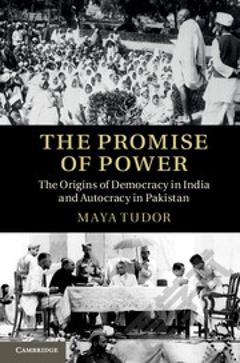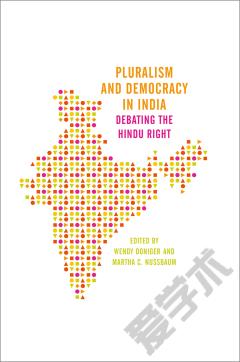Crafty Oligarchs, Savvy Voters —— Democracy Under Inequality In Rural Pakistan
----- 选举很重要吗?:巴基斯坦的竞选庇护主义和不平等
How does democracy empower marginalized voters under conditions of inequality? The author probes into this question grounding her research in the context of Pakistan, an emerging democracy whose voters have actively been involved in defining its political history but about whom we know very little. They turn up in sizeable numbers to vote during elections, even under military rule, prompting all kinds of contradictory stereotypes about how Pakistani rural voters behave as electoral cannon fodder. But no one has looked very closely at why they vote as they do, or why they vote at all when their political agency is severely limited by high socio-economic inequality. By using original data collected across different villages and households in rural Pakistan, this book finds that electoral politics enables even the most marginalized voters to strategically further their interests vis-a-vis elite groups, but that persistent inequality limits their ability to organize or compete.
{{comment.content}}








 京公网安备 11010802027623号
京公网安备 11010802027623号